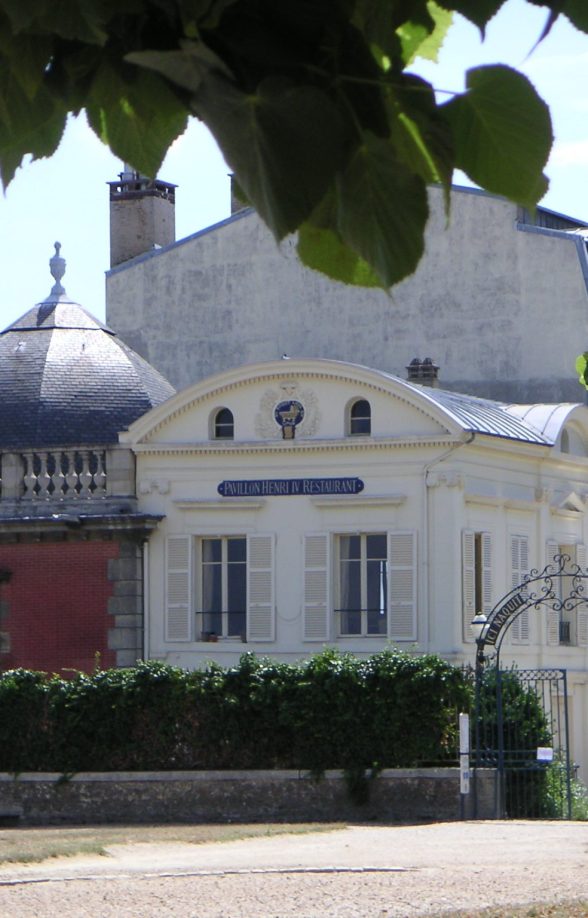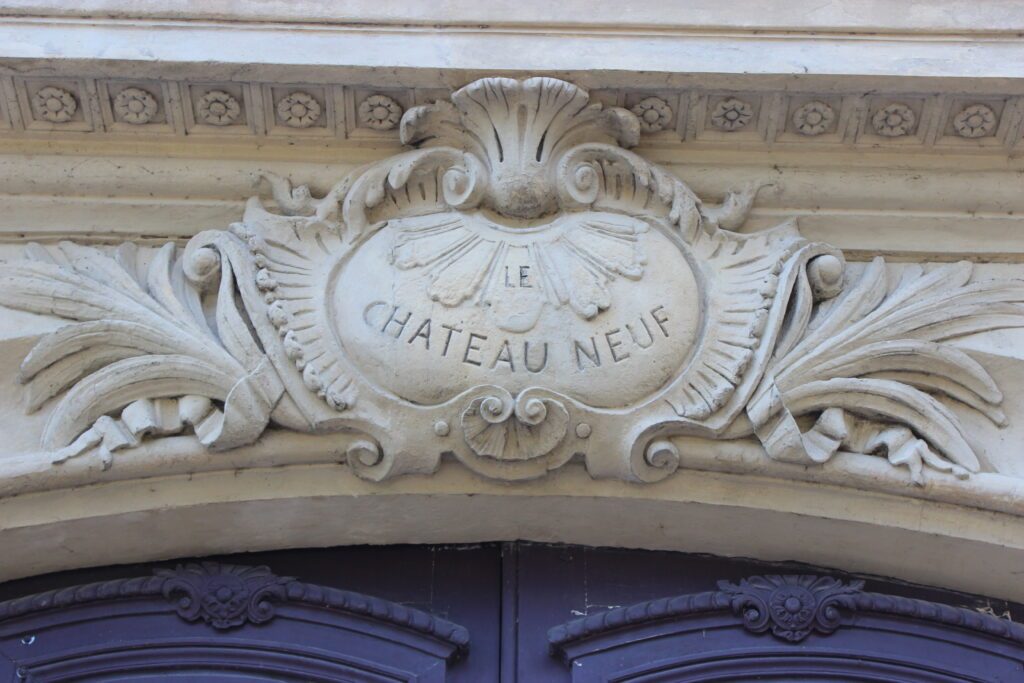In 1557, Henry II wishes to have a pleasure house overlooking the Seine. It is around this "House theater and bathing" that Henri IV built, from 1594, what will become the Château-Neuf.
This castle is a low building, stone and brick, all in symmetry. What makes it exceptional is the addition of six terraces and three gardens, accessible by ramps and embellished with water points. And especially the development of artificial caves in which there were automatons and water games that delight visitors.
This beautiful set has unfortunately suffered a lot of damage over the centuries. First, a partial collapse of terraces and caves around 1660. Then almost complete destruction by the Count of Artois, brother of Louis XVI, the latter wanting to build a new building.
The remains of the Château-Neuf are today: the Ramp of the Caves and the Wall of Lions, the Pavilion Sully (also called Pavilion of the Gardener) and the Oratory of the King, where was waved the future king Louis XIV, just after his birth at Château-Neuf.
Classified as a historic monument, the Oratory is now part of the four-star hotel-restaurant, Pavillon Henri IV.
This beautiful set has unfortunately suffered a lot of damage over the centuries. First, a partial collapse of terraces and caves around 1660. Then almost complete destruction by the Count of Artois, brother of Louis XVI, the latter wanting to build a new building.
The remains of the Château-Neuf are today: the Ramp of the Caves and the Wall of Lions, the Pavilion Sully (also called Pavilion of the Gardener) and the Oratory of the King, where was waved the future king Louis XIV, just after his birth at Château-Neuf.
Classified as a historic monument, the Oratory is now part of the four-star hotel-restaurant, Pavillon Henri IV.

